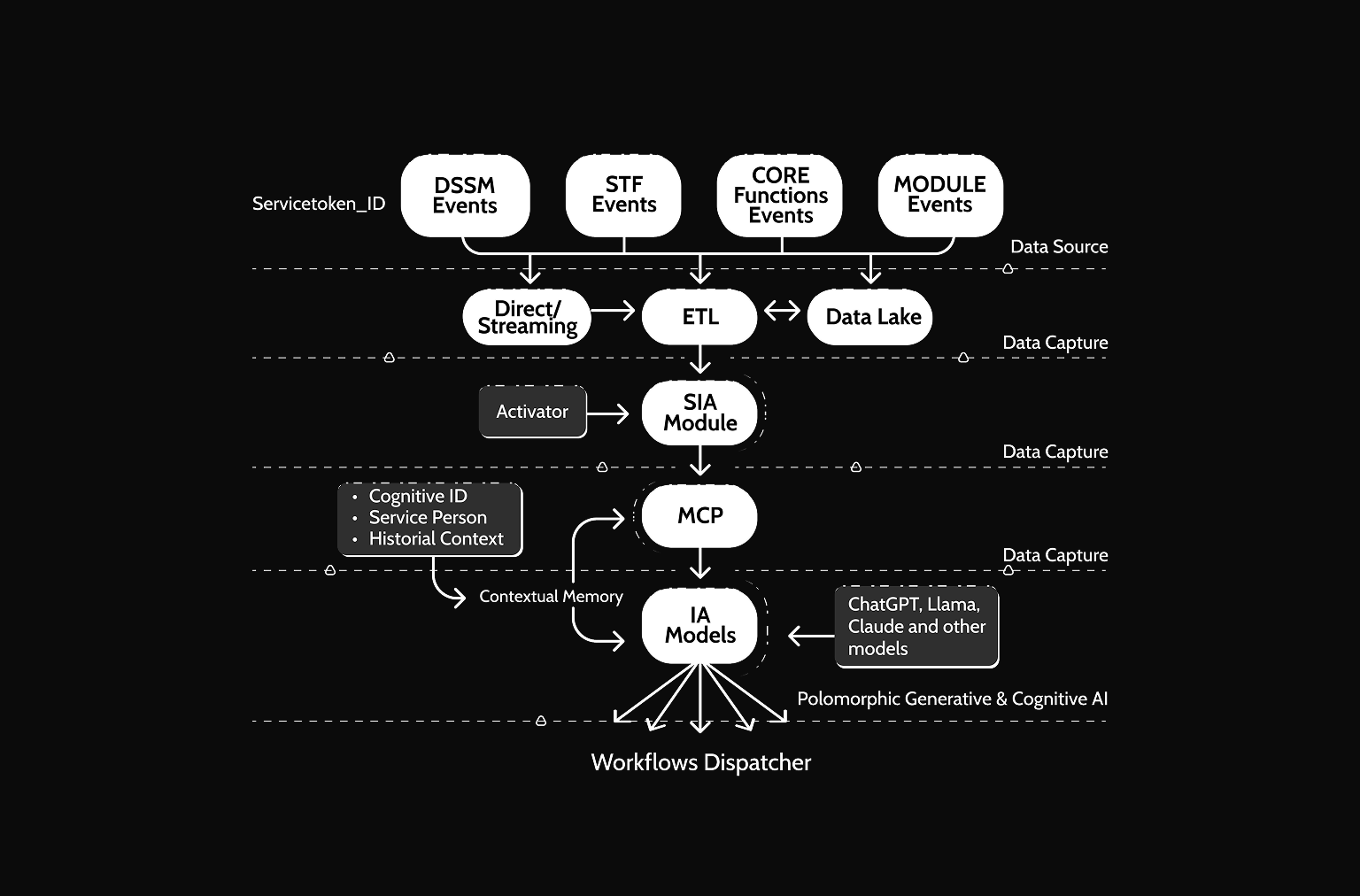Transform technical knowledge into real-time, context-aware operational intelligence

.png)
AI Knowledge Engine operates under a deployment model that adheres to the strictest privacy and information control requirements in critical industrial environments.
.png)
Private cloud, on-premise (edge), or hybrid
.jpg)
Ideal for companies with critical information

Roles, permissions, traceability, and auditing
.png)
The combination of LLM + structured logic in the Knowledge Engine Tools involves the use of advanced language models alongside defined technical rules and deterministic workflows. The LLM interprets natural language and generates understandable solutions, while the structured logic ensures that responses align with specific regulations and internal procedures. This fusion enables the generation of reliable, actionable, and tailored solutions for the regulated environment.
Diagnosis and traceability of failures in pumps, valves, compressors, heat exchangers, etc.
Verification of compliance with technical standards (API, ISO, ASTM) based on blueprints, designs, or operating procedures.
Automatic creation of maintenance reports, root cause analyses, intervention minutes, and standardized procedures.
Guided training and on-site support for technicians through conversational AI interaction, specialized prompts, and role-based solution generation.
.png)
This headless and API-first architecture, combined with secure and governed generative AI models, enables the connection and orchestration of information from sources such as:
This approach achieves a unified technical knowledge experience without altering existing workflows and respecting the security, control, and privacy levels required by the industry.



The AI Knowledge Engine is built on the principles of myservy's cognitive service model, an architecture designed to transform data, processes, and experiences into applicable, living, and governed knowledge assets.
Interaction processes designed to help users think better, with AI as a facilitator for complex decisions.
Structures that transform technical activities into structured, reusable, and transferable knowledge.
A modular approach that respects organizational context, validation workflows, and the sensitivity of critical information.
This conceptual foundation allows each AI Knowledge Engine implementation to learn through use, align with operational culture, and enhance the organization’s key capabilities without imposing closed models or generic solutions.
The Automated High-Risk Screening co-created with riskyID and powered by Dow Jones features:
A powerful database updated daily by hundreds of individuals
A robust platform that monitors more than 33,000 global digital sources in real time
This database is periodically audited by one of the “Big Four” (KPMG, Deloitte, PwC, Ernst & Young)
Used by 3 of the 4 major U.S. banks, 5 of the 6 largest banks in Spain, 45 of the 46 top banks in China, and 7 of the 13 banks in the Wolfsberg Group